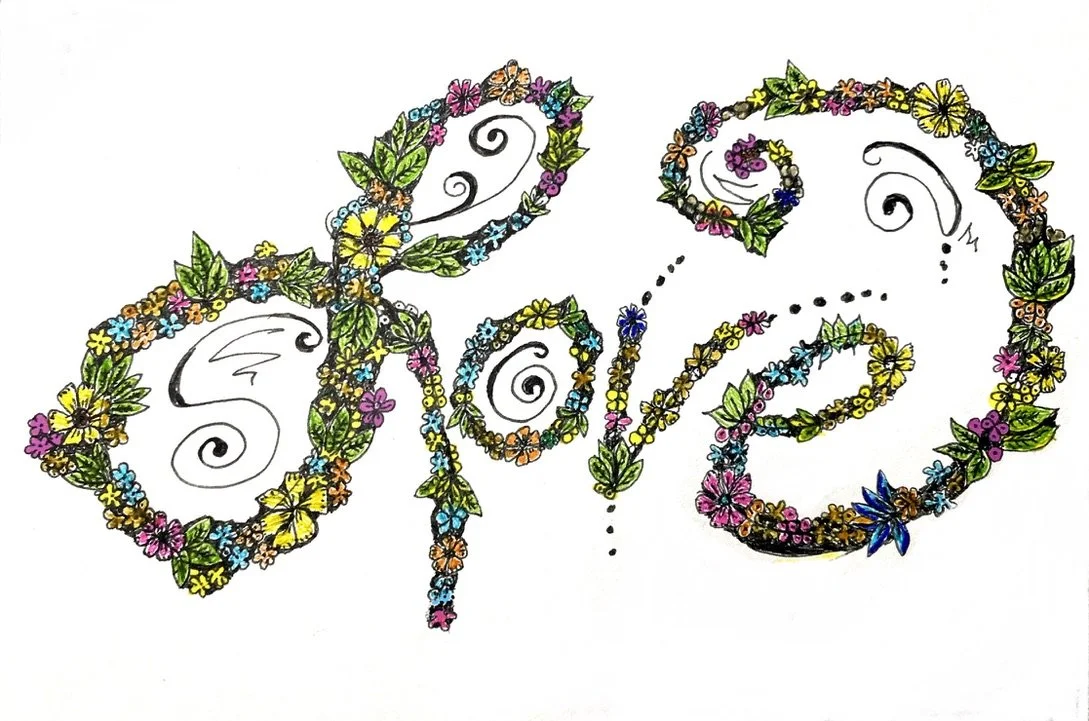I forgive you. For growing a capacity to love that is great, but matched only, perhaps, by your loneliness.
Of all the comforting words directed my way as a young widow, the well-meaning “you had true love, some don’t experience that at all” never helped me. What I heard, I’m sure not intended, was that I was selfish to want deep love again, that what Brian and I had was profound, and experiencing that kind of love even once is plenty for a lifetime. Yes, we had a great love, we were soul mates. What we experienced together wasn’t just a trusting love that sustained us through better and worse, sickness and health, but a shared and exponential ability to feel new depths and versions of love. A love that evolved through the mundanity and intensity of our life with kids, pets, and across three different states. Why wouldn’t I want that again?
The capacity to love didn’t die along with Brian nor is it reserved just for him. I have a big heart that, from time to time when I am consumed by grief, snugly holds Brian’s memory as it swells to every edge. The sadness I feel is the experience of love that no longer has a place to go. Then miraculously my heart keeps its shape when the grief subsides. His memory settles in a comfortable corner (not too far away) and my heart fills with the lightness of love. Sometimes romantic love, more often an agapic love activated by me, my friends, nature, family, humanity, and a warm, universal energy that connects us all. This kind of love lifts and carries me through. Until the pangs of loneliness show up and seek center stage, momentarily obscuring all else, reminiscent of grief, but characterized by a desire for love that also has no place to go.
“Phase One,” beautifully written by Dilruba Ahmed, and the third poem in Poetry Unbound, offers a litany of faults and a generous refrain of forgiveness. Reading it reminded me of how hard I am on my heart. I urge it to lighten up and not expect too much, blame it for falling too fast, grieving too long, and feeling too much. The title of this post is a stanza in the poem, toward the end, as the list of faults grows and the real culprits are finally named: love and loneliness. When I first read it, I focused on the loneliness, attention-hog that it is, glossing over the embedded compliment. I read it once more and reflect on the positive quality of capacity. And I realize that my capacity to feel the strength, nuance, range, distinctness, and intertangling of emotions, all rooted and related to love, is enormous. I can feel the mass of these emotions, the weight of grief, the gravitational pull of loneliness, and the lightness of love. What a gift. I don’t forgive my capacity—on the contrary—I embrace it, love it, and hope it continues to grow as long as I’m alive.

